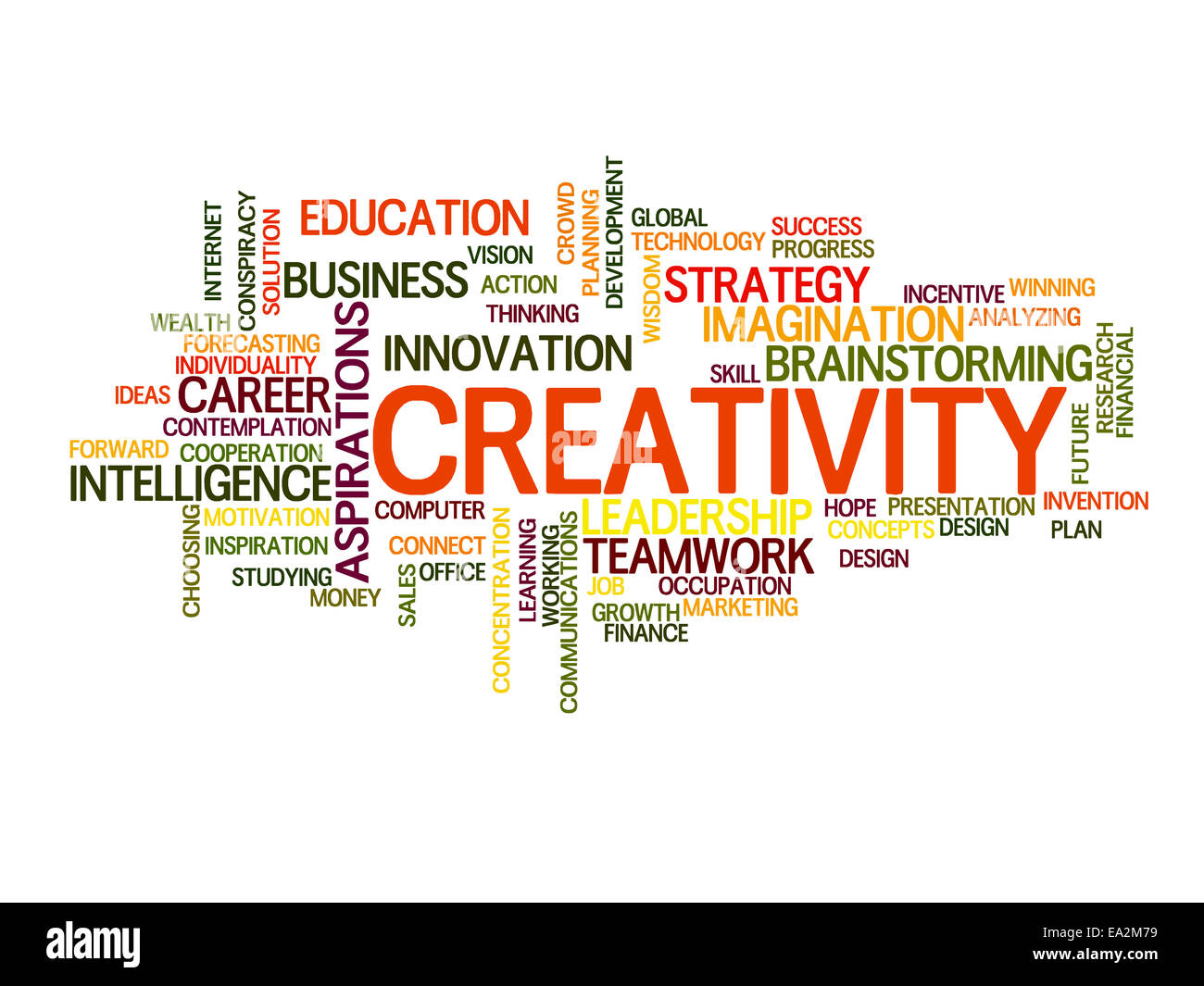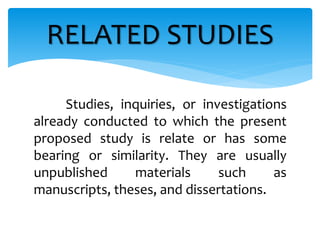Understanding "Related To" And Its Usage In English Communication
Introduction
Language is a powerful tool that connects people and conveys ideas. One of the essential aspects of mastering a language is understanding the nuances of specific words and phrases. The phrase "related to" is commonly used in English, but its meaning and application can vary depending on the context. In this article, we will explore the meaning of "related to," its differences from similar phrases like "relating to," and how it fits into various forms of communication. By the end of this article, you'll have a clearer understanding of how to use "related to" effectively in your writing and conversations.
What Does "Related To" Mean?
At its core, "related to" refers to a connection or association between two or more entities. For example, when we say "this is a computer-related book," we are indicating that the book has some connection to computers. The relationship might be direct or indirect, but the key idea is that there is a link between the two.
However, it's important to note that "related to" doesn't necessarily imply a strong or specific connection. For instance:
- Caitlin Clark Nude Shower
- Latest Insta Viral Mms
- Wwwmovierulz 2023
- Sadako Sauce Animation 2 Apk
- Sarah Boulter David Leon
- When discussing family relationships, "your relationship to the child" refers to how you are connected to the child, such as being a guardian, father, mother, uncle, etc.
- On the other hand, "your relationship with the child" indicates the nature of your interaction or bond with the child, which might involve emotional ties or shared experiences.
These distinctions highlight the subtleties of "related to" and how it can be applied in different contexts.
Differences Between "Related To" and "Relating To"
While "related to" and "relating to" might seem similar, they have distinct meanings and uses:
Related To
"Related to" emphasizes the existence of a connection or association. It is often used in a more general sense, without necessarily describing the nature of the connection. For example:
- This is a computer-related book.
- Name for the relationship of wife’s sister’s husband.
In both examples, the focus is on the existence of a connection, but the specifics of the relationship are not detailed.
Relating To
"Relating to," on the other hand, often indicates something more specific or descriptive. It suggests that the subject is about or pertains to a particular topic. For instance:
- For instance, if I asked for websites relating to AI development.
- RFC 2822, Internet Message Format says: When used in a reply, the field body may start with the string 'Re:' (from the Latin 'res,' meaning 'in the matter of') followed by the contents of the message.
In these examples, "relating to" provides a clearer indication of the subject matter or topic being discussed.
Contextual Applications of "Related To"
The phrase "related to" can appear in various forms of communication, including written and spoken language. Below are some common contexts where "related to" is used:
1. In Everyday Conversations
In casual conversations, "related to" often helps establish a connection between topics. For example:
- I think most authorities would say that this topic is related to current trends in technology.
Here, "related to" serves as a bridge between the discussion and the broader context of technology trends.
2. In Academic or Professional Writing
In formal settings, such as academic papers or professional reports, "related to" is frequently used to link ideas or concepts. For instance:
- We found the following answers for the research question related to renewable energy sources.
This usage clarifies the scope of the research and ensures that the reader understands the context of the discussion.
3. In Technical Documentation
Technical documents often use "related to" to describe the functionality or features of a system. For example:
- RFC 2822, Internet Message Format specifies that replies may include the string 'Re:' related to the original message.
In this case, "related to" ensures that the technical details are clearly connected to the broader concept of message replies.
Exceptions and Special Cases
While "related to" is generally straightforward, there are instances where its usage might require additional clarification. For example:
- When discussing family relationships, "related to" can take on a more specific meaning, as seen in the distinction between "relationship to" and "relationship with."
- In lists of literary works, "related to" might indicate thematic connections between different pieces, which could be singular or plural depending on the context.
These exceptions highlight the importance of considering the context when using "related to" in communication.
Conclusion
Understanding the phrase "related to" and its nuances is essential for effective communication in English. Whether used in casual conversations, academic writing, or technical documentation, "related to" serves as a versatile tool for establishing connections and associations. By distinguishing it from similar phrases like "relating to" and considering its contextual applications, you can enhance the clarity and precision of your language.
In summary:
- "Related to" indicates a connection or association between entities.
- It differs from "relating to," which often provides more specific or descriptive information.
- The phrase can be applied in various contexts, including everyday conversations, academic writing, and technical documentation.
- Special cases, such as family relationships or thematic connections, may require additional clarification.
By mastering the use of "related to," you can improve your ability to communicate effectively and accurately in English.
- Morgan Ortagus Weight Loss
- Mkvcenemascom
- Larry E Joseph
- Jackerman Mothers Warmth 3 A Journey Into The Heart Of Parenting
- Movie Rulz Today

Are We All Related? - YouTube

Creativity related words concept in word tag cloud Stock Photo - Alamy

Related Literature and Related Studies | PPT